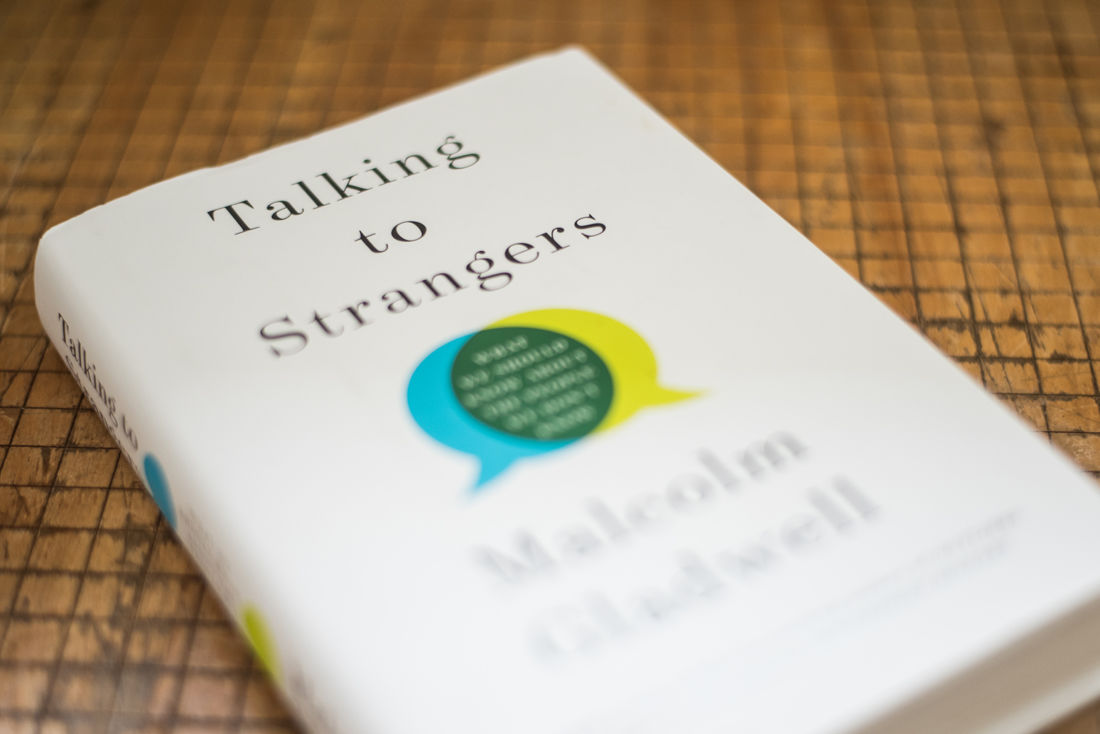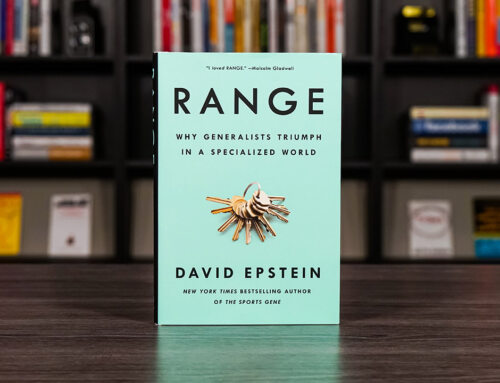Talking to Strangers is recent, relevant, and masterfully presented. I’m upset I waited this long to read something by Malcolm Gladwell.
In the last few years, our politically charged climate has given way to discussions of race and police brutality, a conversation that returned to the forefront of the public eye in 2020 with the death of George Floyd.
Malcolm Gladwell published Talking to Strangers in 2019, one year before George Floyd and all that came in the wake of his death. If everyone in America (and elsewhere) had read the book by then, perhaps the conversation would have been much more helpful.
That’s the tone of this book. Gladwell knows liberals aren’t 100% correct; he knows conservatives aren’t 100% correct. In most arguments, especially emotional and passionate ones, each party not only deserves your attention but contributes a valuable perspective.
Unfortunately, our recent polarizing political attitudes and temperaments have made us somewhat distrustful of the stranger. As a result, we cling more tightly to our narrative and oversimplify human behaviour.
But talking to strangers is far from simple.
Challenging Assumptions
Some assumptions you may have that Gladwell will challenge:
The more information you get about someone, the better judgement you can make about them.
We are usually good at recognizing liars.
Behaviours are choices, and changing their environment won’t stop said choices from being made.
He challenges these assumptions with detailed, real-life narratives. Cuban spies pantsing the CIA; the city of London cutting suicides in half in the 1960s; how the rate of police traffic encounters doubled in some places in America with good intentions but bad results… And why each of these are not as surprising as you may think.
I avoid spoilers since Gladwell’s masterful presentation deserves your attention. He knows just what information to give (and to keep) in order to keep you interested. The suspense is half the fun of this book.
Gladwell makes the book as challenging as it is fascinating. We all walk into topics like these with our own narrative biases. Gladwell challenges them on all fronts, like any good intellectual would.
The topic alone – how we interact as a species with those unfamiliar to us – is relevant to everyday life, and yet something I’ve never really thought about. It’s also, as I said, quite relevant to the current social and cultural conversations that are (or are not) happening. If only everyone had read it before the George Floyd incident, I suspect many of us would have taken a step back before reacting with our respective narrative biases.
The Verdict: Journalism Done Well
This was another audiobook for me, and I wholeheartedly recommend the audio version if that’s your thing. It’s incredibly well-produced, like Gladwell’s podcast. He’s got recordings of interviews and court depositions, some re-enacted and some original, and incorporates music and other nuances that make for a beautiful 8-plus hour reading experience.
Either way, Talking to Strangers is worth your time and mental energy. If not for cool stories and interesting insights, then for considering how to interact with the strangers in your world.
I’m already excited for my next Gladwell book.
This post contains affiliate links.





